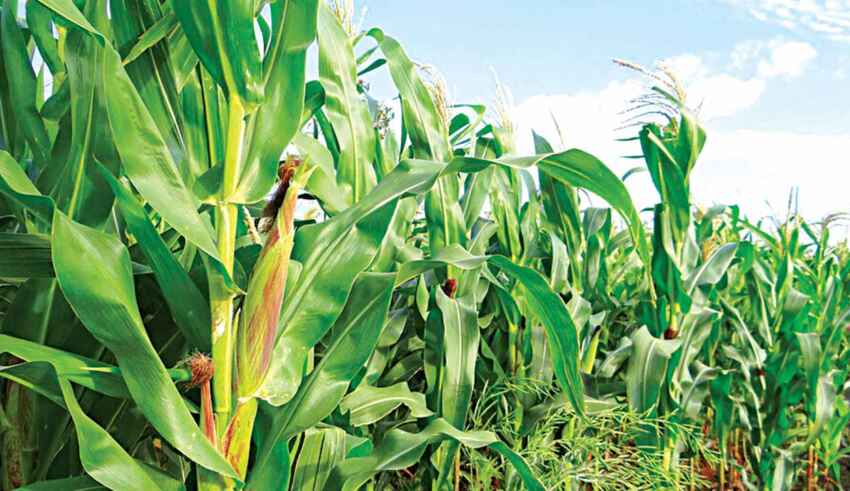
ISLAMABAD, Nov 4, (INP-WealthPK): Pakistan can develop its agriculture sector and increase the yield by providing incentives to farmers to use hybrid maize seeds, WealthPK reports.
Agriculture is the second-largest economic sector of Pakistan after the textile and manufacturing sectors. Maize is the country’s most important cereal crop after rice and wheat. Hybrid seeds are grown on about 30% of the land utilised for maize cultivation in the country whereas open-pollinated varieties (OPVs) occupy 70% of the agricultural land. It shows that hybrid maize has a vast scope in Pakistan.
Zubair Ahmed, a scientific officer at the National Agriculture Research Centre (NARC), told WealthPK that in Pakistan, the price of hybrid maize seed is among the highest in South Asia. Smallholder farmers in Pakistan are forced to grow open-pollinated forms of maize because they are unable to afford expensive hybrid seeds.
“Since maize grows quickly and has the capacity to yield a lot of grains per unit area, this could help poor rural farmers to improve their standard of living and alleviate poverty,” said Zubair Ahmed.
He said that maize is mainly grown in Khyber Pakhtunkhwa and Punjab. However, Sindh and Balochistan have also recorded a surge in maize cultivation in recent years due to the involvement of the private sector and development initiatives. The two provinces can be explored for the development of future hybrid maize because they have substantial tracts of unused land.
“Pakistan uses 60% of the total maize crop for the production of chicken feed, 25% for wet milling and other purposes while the remaining 40% is used as human and animal food,” said the scientific officer.
Approximately 80% of farmers in Pakistan are smallholders. Their limited ability to purchase hybrid maize seeds is one of the main hindrances to the adoption of these seeds. The use of hybrid maize seeds by smallholder farmers may be encouraged by providing financial incentives to them as well as by improving delivery mechanisms and extension services.
“Hybrid maize varieties should be distributed in Pakistan’s non-traditional areas in order to increase local maize output. Local production of hybrid maize seeds will help to lower its retail prices. The Agricultural Innovation Programme (AIP) has launched a considerable number of maize hybrids through both public and private seed companies to assist the government in increasing the adoption of hybrid maize seeds and yield,” said Zubair Ahmed.
He said that insufficient input application and poor variety selection for particular ecologies were the main causes of lower maize yield. By adopting hybrid varieties, the production of maize can be improved in the same area.
“In Pakistan, a small amount of hybrid maize is grown. Since changing climatic conditions are adversely influencing maize yield, emphasis must be placed on the production of climate-resilient maize hybrids. The use of these hybrid seeds


































































































